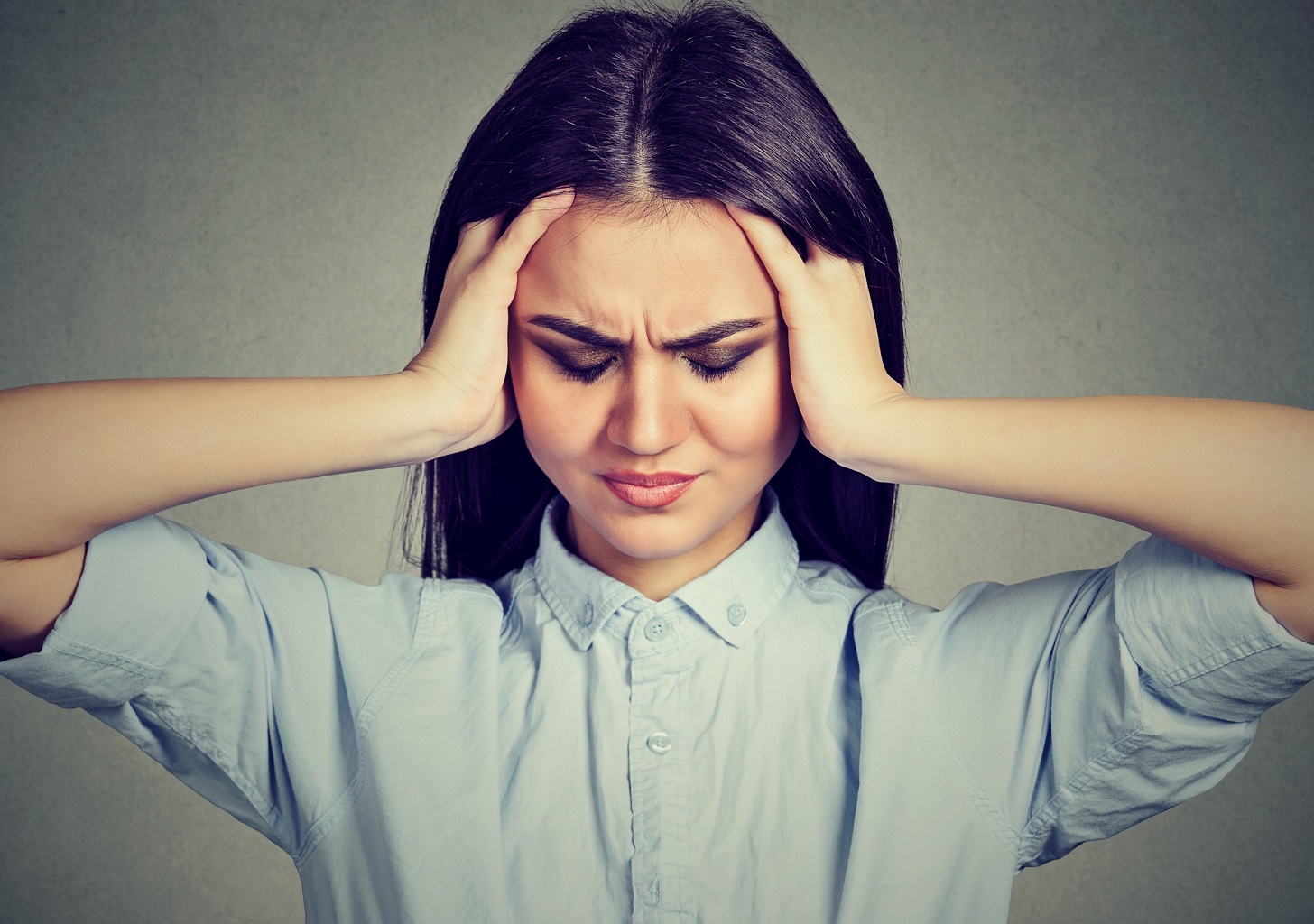Stress and burnout are pretty closely linked, however they are not the same thing. Wondering ‘what is burnout?’ Find out what the warning signs look like and learn how to prevent yourself from feeling burnt out
Stress puts a lot of pressure on the body. This can be manageable in the short-term, but if it’s constant, it can be bad for both your physical health and emotional wellbeing. Eventually, too much stress on your body over a long period of time can cause you to burn out. Burnout is a state of complete mental, physical and emotional exhaustion. Teenagers especially have a lot to do with homework, sports, hanging out with friends, part-time jobs, and other commitments. Many of us are busy preparing for our resume and as we get prepared for adult life, we often miss out on one vital skill – knowing how to relax.
Sings of a Burnout
- Every day is a bad day.
- Caring about your work or home life seems like a total waste of energy.
- You’re exhausted all the time.
- The majority of your day is spent on tasks you find either mind-numbingly dull or overwhelming.
- You feel like nothing you do makes a difference or is appreciated.
Burnout is a gradual process. It doesn’t happen overnight, but it can creep up on you. The signs and symptoms are subtle at first, but become worse as time goes on. Think of the early symptoms as red flags that something is wrong that needs to be addressed. If you pay attention and actively reduce your stress, you can prevent a major breakdown. If you ignore them, you’ll eventually burn out.
Physical signs and symptoms of burnout:
- Feeling tired and drained most of the time
- Lowered immunity, frequent illnesses
- Frequent headaches or muscle pain
- Change in appetite or sleep habits
Emotional signs and symptoms of burnout:
- Sense of failure and self-doubt
- Feeling helpless, trapped, and defeated
- Detachment, feeling alone in the world
- Loss of motivation
- An increasingly cynical and negative outlook
- Decreased satisfaction and sense of accomplishment
Behavioral signs and symptoms of burnout
- Withdrawing from responsibilities
- Isolating yourself from others
- Procrastinating, taking longer to get things done
- Using food, drugs, or alcohol to cope
- Taking out your frustrations on others
- Skipping work or coming in late and leaving early
Lifestyle causes of burnout
- Being busy all the time, without enough time for socializing or relaxing
- Lack of close, supportive relationships
- Taking on too many responsibilities, without enough help from others
- Not getting enough sleep
- Personality traits can contribute to burnout
- Perfectionistic tendencies; nothing is ever good enough
- Pessimistic view of yourself and the world
- The need to be in control; reluctance to delegate to others
- High-achieving, Type A personality
How to deal with Burnout
Reach Out for help
Reach out to those closest to you, such as your partner, family, and friends. Opening up won’t make you a burden to others. In fact, most friends and loved ones will be flattered that you trust them enough to confide in them, and it will only strengthen your friendship. Try not to think about what’s burning you out and make the time you spend with loved ones positive and enjoyable.
Be more sociable with your friends
Try to be friends with people in real life than in virtual. Attend events once in a while, spend quality time with them and develop friendships with people who can help buffer you from burnout.
Limit your contact with negative people
Hanging out with negative-minded people who do nothing but complain will only drag down your mood and outlook. If you have to work with a negative person, try to limit the amount of time you spend together.
Find new friends
If you don’t feel that you have anyone to turn to, it’s never too late to build new friendships and expand your social network

